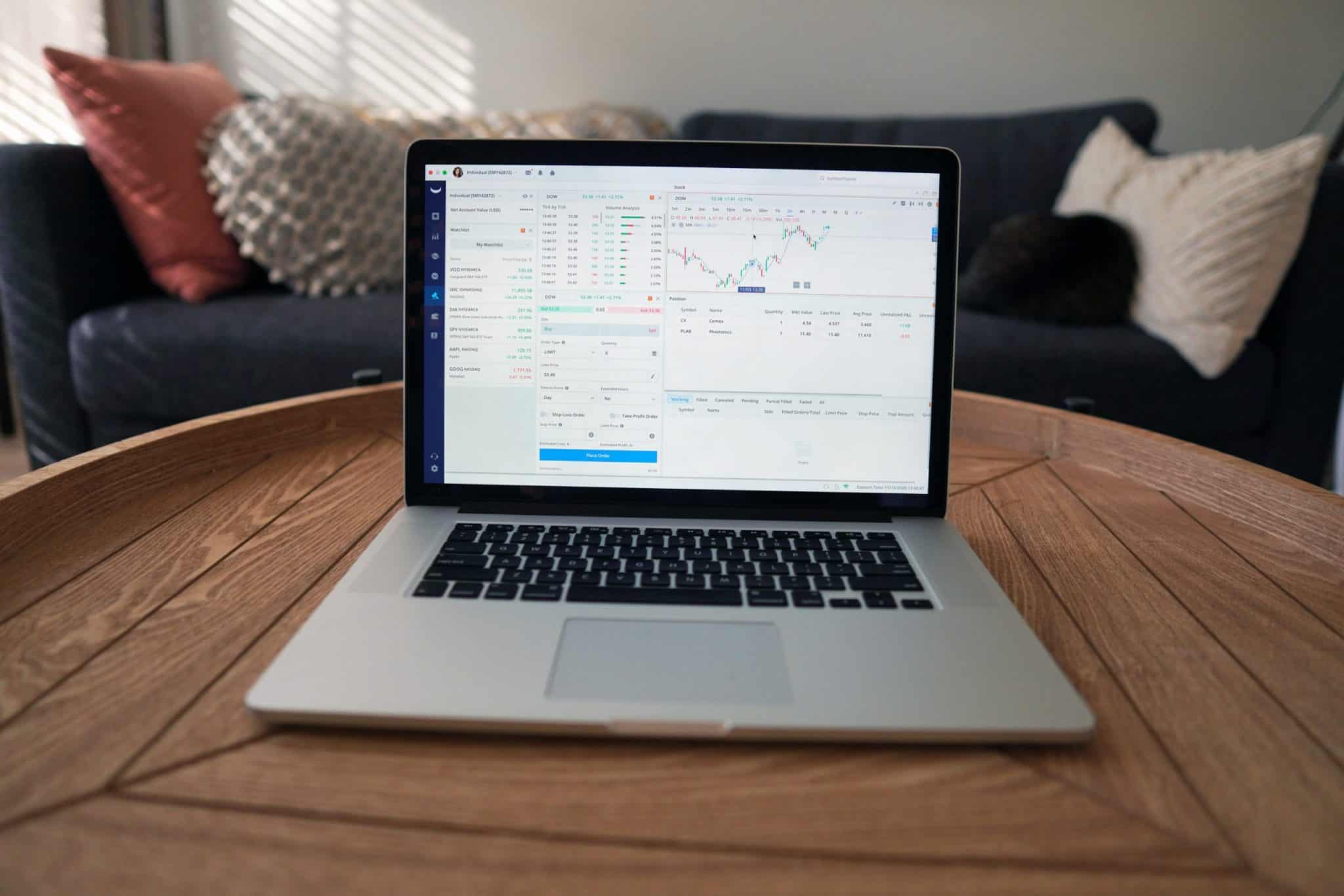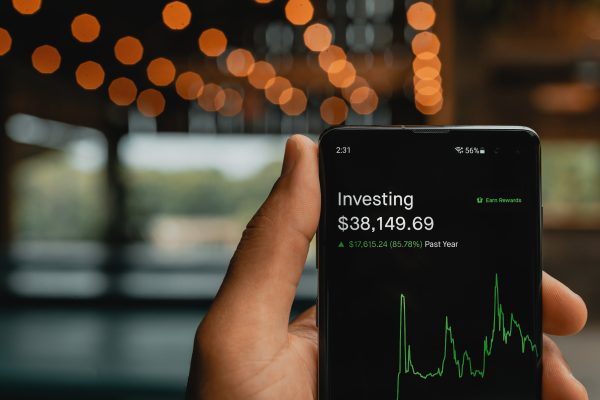
What IFG will do to help bring about a truly Islamic economy
05 January 2024 8 min read

4 min read
Published:
Updated:

Ibrahim Khan
Co-founder
There has been a lot of hype this past week about the IPO of Coinbase, which listed on the Nasdaq with a tasty valuation of $65bn. In this article we will answer the question that all interested Muslims are wondering – is it halal to invest in?
The first thing to consider when assessing the sharia compliance of Coinbase, is its core business activity. Secondly how do they actually make their money? Thirdly, the level of interest-bearing debt would also need to be considered. In this article we will focus on the first two criteria.
For more detail on the screening criteria, here is our stock screening article. We also have a halal stock screener course that goes into more detail and breaks down each step of the process.
The primary business activity of a business has to be sharia-compliant (avoid haram such as gambling etc). Coinbase principally is an exchange where investors can buy and sell crypto. This in and of itself is totally fine but an issue arises when the assets being sold are impermissible.
Coinbase definitely do facilitate the trading of impermissible assets, such as Compound for example. Compound allows investors to earn interest on their crypto assets, which is clearly impermissible. So at best, this is a grey area.
The argument for it being fine is that Coinbase is simply a broker providing the platform for transactions to take place. It is like a marketplace that rents out a shop – which may or may not sell haram goods. The argument against though is that Coinbase has a choice on what crypto assets it brokers and it is more than just renting space on its platform – it is facilitating the trade. We personally lean more to the “against” argument.
This information is available on their prospectus which can be found on Coinbase’s investors relation site. We will be looking at the financial results for 2020.
They have three main revenue streams which we will look at in turn below. The relevant criteria here is that any income from haram sources (e.g. interest etc) at most cannot exceed 5% of the gross revenue of the company.
This accounts for roughly 86% of their revenue. It includes the transaction fees they receive on each transaction. This would be fine except in the case where the assets being traded are impermissible. They also charge a spread (difference between buy and sell price) on their retail brokerage product similar to many stockbrokers.
In 2020, some of this revenue involved margin trading which is clearly impermissible. However in November, Coinbase disabled this feature which is good news. We do suspect that this will make a comeback at some point. There is too much of a demand for this stuff for Coinbase to be able to resist.
Over 3% of their revenue comes from the subscription fee they charge for their store, stake, distribute and build products.
Staking is a complex topic which needs to be assessed on a case by case basis. It involves locking up some of your crypto to help maintain a network in exchange for a financial reward. There is a real possibility though that some of the staking that Coinbase facilitates will involve interest or be used to maintain impermissible networks which is a no-go.
They also earn interest on some of their custodial funds they hold on behalf of customers – another red flag.
The remaining 10% of their revenue consists of the sale of their crypto assets and interest that they earn on their cash and cash equivalents. The latter is clearly haram and proceeds from the sale of crypto assets would also be impermissible if the asset itself was haram.
Coinbase also bought a stake in COMPOUND – a crypto project focused on bringing interest-based lending to crypto. There is a very good reason why Coinbase made that investment – and that is because one of the key areas of evolution for crypto as it matures will be interest-based lending. Our hunch is that in 5 years’ time a decent portion of Coinbase’s revenue will be deriving from interest.
There is a wider point here too, which makes this more likely. Many mainstream brokers of stocks and shares make a decent chunk of their annual income from interest – up to two-thirds of it in some cases. They do this by lending out the assets and cash that investors put in their accounts for short-term loans to institutions in the money markets.
Right now there isn’t such developed infrastructure in the crypto world – but there soon will be. And it makes logical sense for Coinbase to be first in line as a beneficiary of this.
So all three sources of their revenue have a degree of impermissible income that combined would likely exceed the 5% max threshold. In future we only expect the proportion of revenue from these sources to increase. Therefore with all things considered, we think it is best to avoid Coinbase from a compliance perspective.
For inspiration on other ways to invest in this space, do check out our How to get Exposure to Crypto through the Stock Market article.

05 January 2024 8 min read

21 July 2023 6 min read